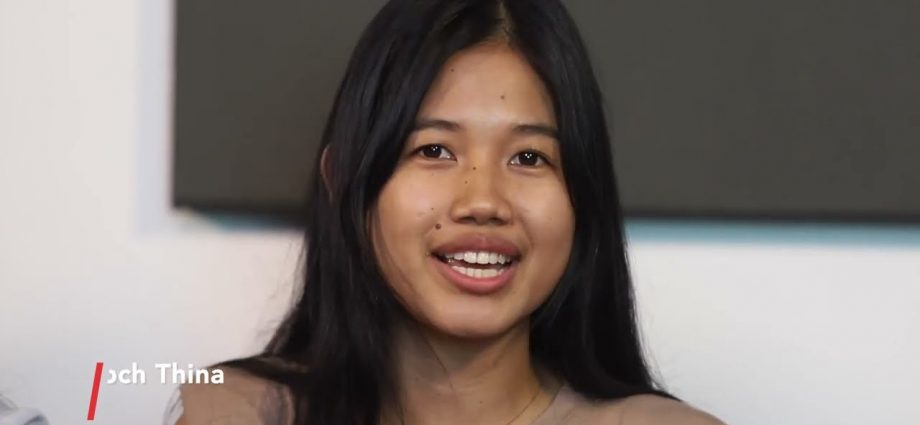Hello, and welcome to the second episode of the third season of the Anakut podcast.
This week, our hosts, Thina, Andrew, and Voleak, get schooled on the ins and outs of public education in Cambodia.
Covid resulted in a loss of 250 days of school for Cambodian students. With a focus on the status of public education post-pandemic, we learn what the learning outcomes are for students who lost out on a year of educational opportunities. One of our guests, Chhun Vyrada, is a teacher and fellow with Teach for Cambodia. She shares her experience working in the public school system’s classrooms that have been disrupted by the pandemic and the subsequent scramble to streamline online learning- to varying degrees of success. She shares the new methods she is introducing to her classroom, like promoting cooperative learning by making sure each student has a “learning buddy” to work with. From adaptive challenges faced by students and teachers, to the importance of a growth mindset, we learn through an insider’s perspective on the challenges of working within the Cambodian public education system.
Outside of the classroom, we also get the scoop on how the Ministry of Education is handling the crisis and attempting to recover learning losses through targeted interventions and teacher training. Still, this presents its own challenges; while teachers can provide remedial classes based on the results of exams, is this enough to fully make up for the losses?
It’s not only remedial classes that can help students make up for learning losses. Our guest Ou Sokhim is the education and technical lead at Aide et Action, an education non-profit. He asks us to consider holistic care for students. Outside of the classroom, how else do they need support? Maybe some students need a bicycle to get to and from school. Maybe they do not have the money for a uniform or school supplies. Providing resources that support kids outside of the classroom is another way to facilitate a student’s growth.
While teachers can provide remedial classes based on the results of exams, is this enough to fully make up for the losses?”
But, it’s not just students that need support. How can we help teachers and parents? Well, teachers could receive more training on teaching methods, and the government could work to improve the quality of curriculum. The government could also raise their incomes. As for parents, our guests suggest forming support groups and through telegram or facebook messenger. Additionally, perhaps asking teachers to send videos or audio guides to help students with their assignments might be another way for students to get support at home.
Of course, we are also reminded in this episode that students also should create their own knowledge, and soft skills shouldn’t be erased in favour of an exclusively hard-skills based curriculum. Listen on to hear the reasons why while not traditionally taught in schools, technology skills, life skills, and communication skills have an essential role to play in the future of Cambodia’s education system.
[embedded content]
All episodes of the podcast can be found on our Anakut webpage, Amazon, Apple, Google and Spotify.


